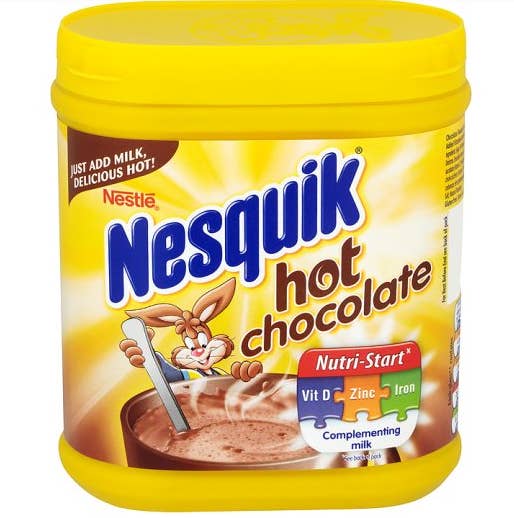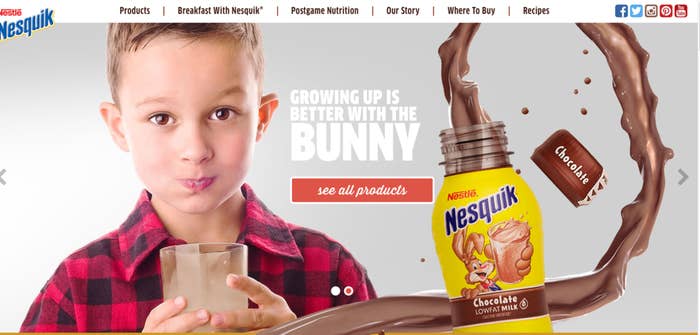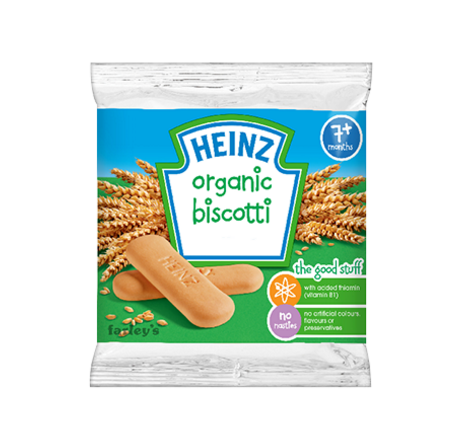
Nesquik has been forced to stop advertising its hot chocolate as a healthy breakfast after health campaigners accused it of deliberately misleading parents.
The chocolate drink featured the line "for a great start to the day!" on bottles of Asda milk during a promotion, but the advertising watchdog today banned it for encouraging children to consume sugar.
The claim fell foul of rules around marketing sugary and fatty foods because it presented Nesquik as healthy despite the fact it contains more than 20g of sugar per serving.
It also featured a cartoon bunny, which the Advertising Standards Authority (ASA) ruled would appeal to children.
Nestle told BuzzFeed News it was "disappointed" with the ruling but would no longer use the claim to avoid any further "ambiguity" over the health merits of the product.
However, pressure group Children's Food Campaign said the food and drink giant had tried to "mislead parents about the health benefits of such a sugary product".

"Nesquik's old bunny hasn't yet learnt new healthier tricks," said Children's Food Campaign coordinator Malcolm Clark. "It is the second time in almost as many years that we have forced Nesquik to change their advertising because it encouraged poor nutritional habits."
Campaigners are stepping up the pressure on food and drink brands to comply with guidelines on food advertising aimed at children.
It is not the first time a major brand has fallen foul of the rules, but repeat offenders are common and the ASA is currently considering new, stricter rules on marketing sugary food and drinks.
In September, Heinz was forced to remove the claim "an ideal healthy snack for babies" from its Biscotti biscuits, which contain 24g of sugar.

Honey Monster Puffs were also found to have breached guidelines last December for using the term "honey goodness", while the cereal in fact contains more than 8g of sugar per serving.
The body has also been cracking down on the use of games and apps that appeal to children.
It banned an app by Weetabix in 2013 because it "exploited children's vulnerability" and banned the use of cartoons and an online game from sweet company Swizzles Matlow, which makes Love Hearts, in 2012.
